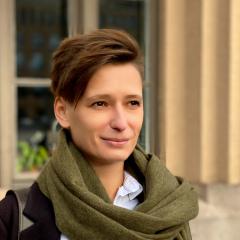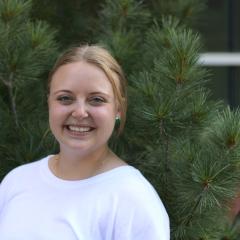

Disclaimer: this is about being a master’s degree student at New York University, Tandon School of Engineering, doing Construction Management. Workload varies significantly across different U.S. universities. I was prepared to work very hard toward my degree here… little did I know what reality would be like.
Tailoring Your Degree
After over 10 years in the industry, I knew quite well what I wanted to study. The course schedule was published well before the start of the semester, and even before that I found out that though my degree is planned to take two years and considered fulltime, in Finland it would be done in one academic year.
Anyway, I ended up having three lectures per week, all in the evening. The rule of the thumb says that for each hour spent in the lectures, we should plan two hours of independent work. That made around 23 hours of work per week, and I don’t feel that I need to work hard, because I enjoy my studies so much.
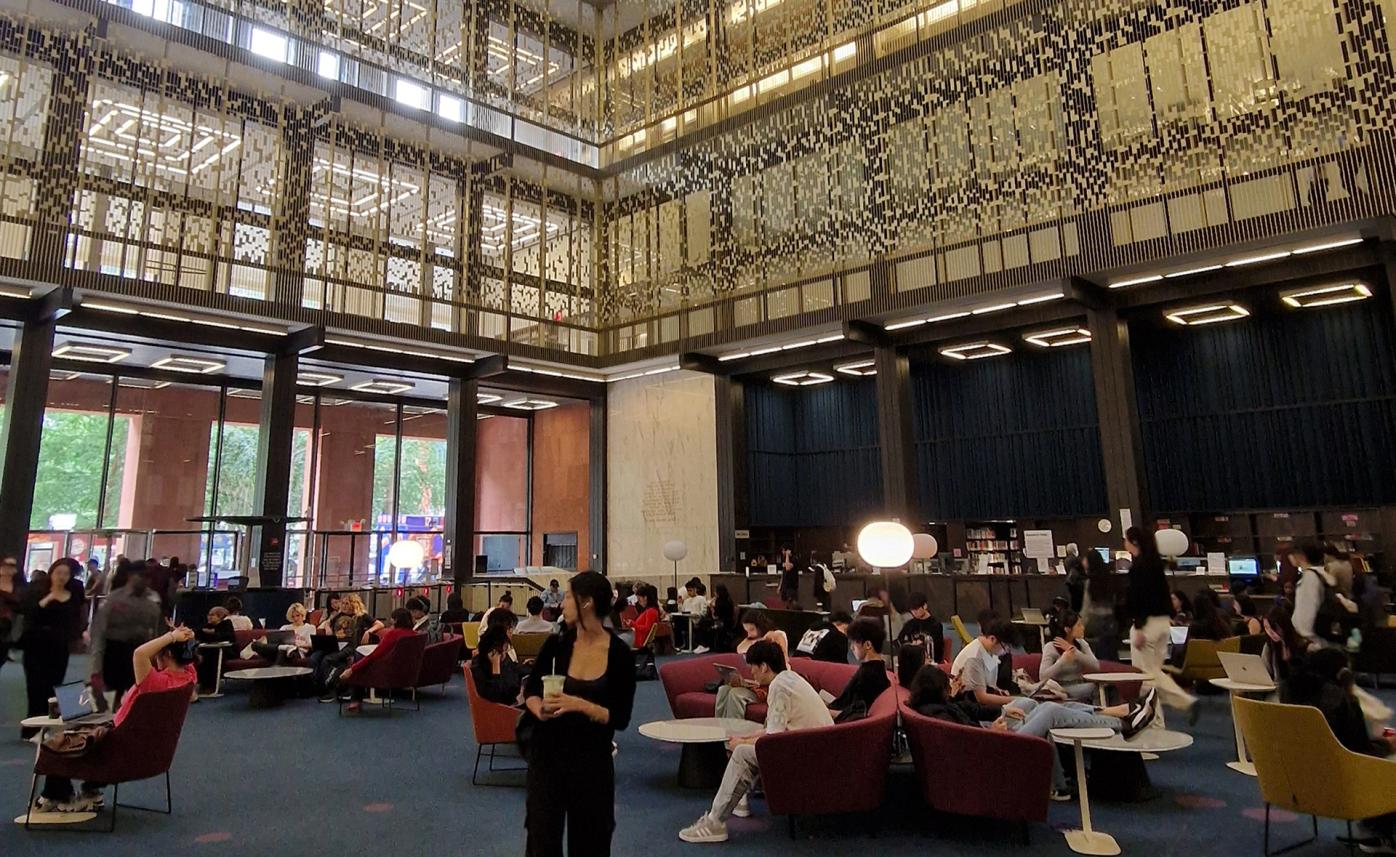
Approaching professors feels somehow easier now than in my previous life. That said, it can be just my impression. However, I don’t recall that at my previous schools professors encouraged us to give them a call in case there is something to be addressed.
One of the nicest things here in the U.S. has been emailing professors in advance before making final course choices for the next semester: it might feel picky to ask all the detailed questions about upcoming classes, but course selections are as important as the choice of university.
Where Does the Time Go?
With 23 hours of work per week, where does all the remaining time go?
Well… First, clubs. I don’t mean night clubs but those which exist in every university. Related to specific industry, culture, specialization, cuisine, sports, music, ethnicities – you name it. There is literally everything for everyone. I suspect younger people enjoy spending their time at different social events much more than I do, but professional clubs have been such an enriching experience!
Joining the clubs is worth the effort to search for them. I went through a whole list of clubs and made my choices, and the email flow I started receiving is sometimes too much – but I finally have time to spend it on those activities, too, so why not?
Two professional clubs are actively promoting events with industry speakers, who share their valuable experience with others, who either maintain their licenses by coming to lectures or are just passionate about the industry. Additionally, there are site visits to different companies and construction sites hosted by industry leaders, and that is truly important for future construction professionals. Sometimes they arrange voluntary guest lectures at school, and these tend to be a good opportunity to network in addition to learning.
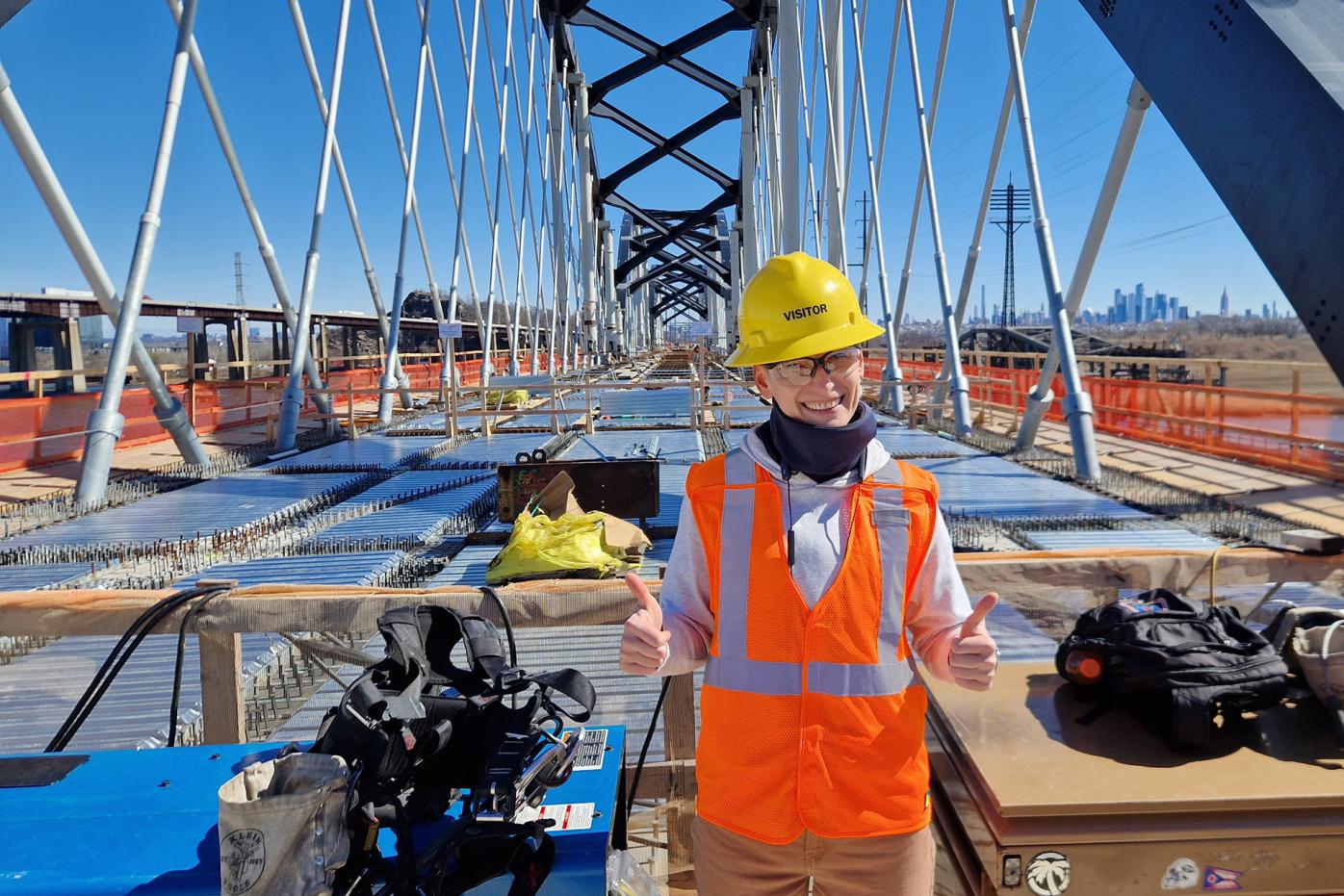
Career fairs are one of the important parts of student life as well. Though there is a whole career center at our service, career fairs are organized regularly and that is a place to make an impression if academic training is something of interest. In my case, however, I found conferences much more effective for both networking and learning, especially considering there usually are technical sessions available presented by industry practitioners.
Conferences are rarely free, but it is quite easy to apply for sponsorship from any association which owns the conference and get a ticket. One of these scholarships provided me with a year-long free membership, a mentor (super important!), three days filled with meaningful learning and networking, and finally a visit to a wastewater treatment plant.
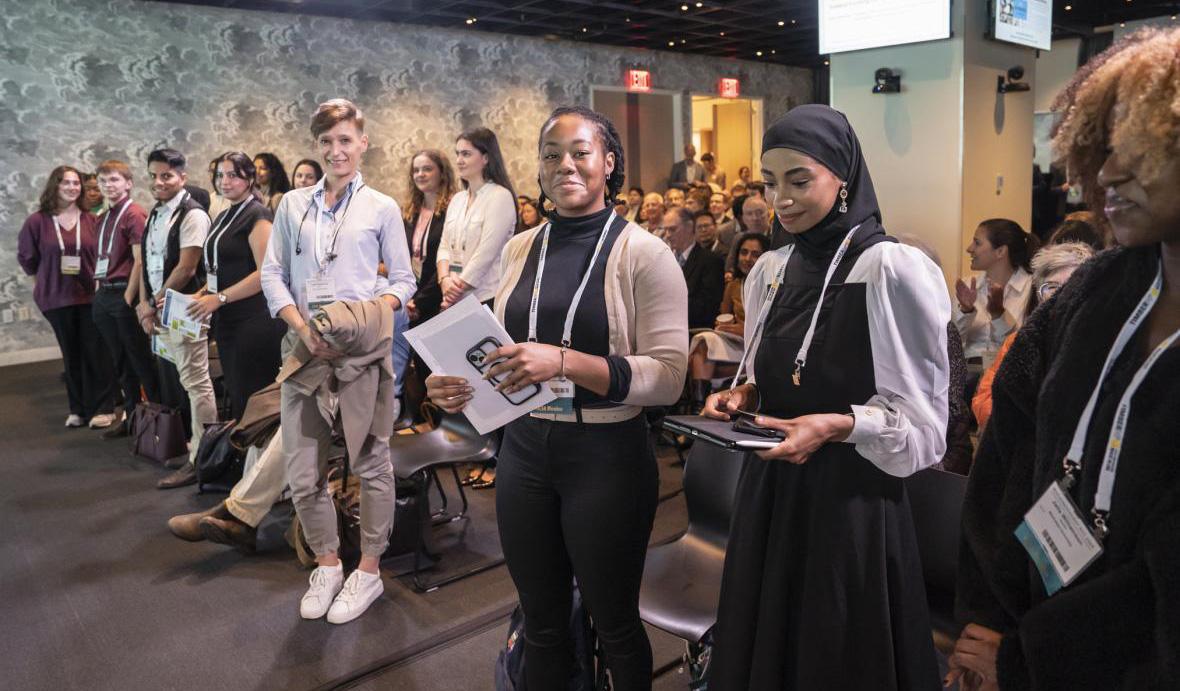
Enough about business…
Of Course We DO Party!
While the university community is as acceptive and welcoming as you want it to be exactly for your case, the Fulbright community is something different. None of us have a complete understanding of how the networks are working, but they continuously expand.
Fulbright partners with other organizations, e.g. One To World, and they arrange both academic and social events. A seminar about public speaking? Yes. Christmas party in an Irish bar? Absolutely. A visit to a fancy company to talk face-to-face with one of the best-known business leaders in the world? Of course.
Saying “yes” to anything that comes up can make your schedule so filled up with activities that at some point prioritizing is needed. I decided to prioritize my studies since they are the main reason I am here (imagine, sometimes it gets forgotten!) and conferences; then come occasional events such as theaters and music concerts (local culture ambassadors are happy to provide us with free tickets), and after that all the museums which offer free admission to NYU students. Parties go ex tempore somewhere between all that.
During the first months, I used to go by bicycle for a longer ride, or took a train and went for a hike, but eventually I realized that Finland is a much better place for these activities than New York City – and NYC has so much to offer that there is no excuse to miss it all.
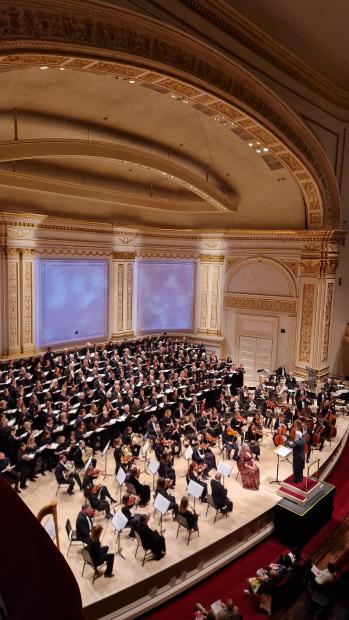
I’ve heard I am lucky to have such a flexible schedule at school, and maybe other students have different experiences. However, I have already live here for 7 months, and I still cannot believe I live a life like never before.
Moving to the City that never sleeps to finally have enough sleep? Done.
This is the third post in a blog series by ASLA-Fulbright Graduate grantee Lada Sokolova. Read the previous blog posts:
